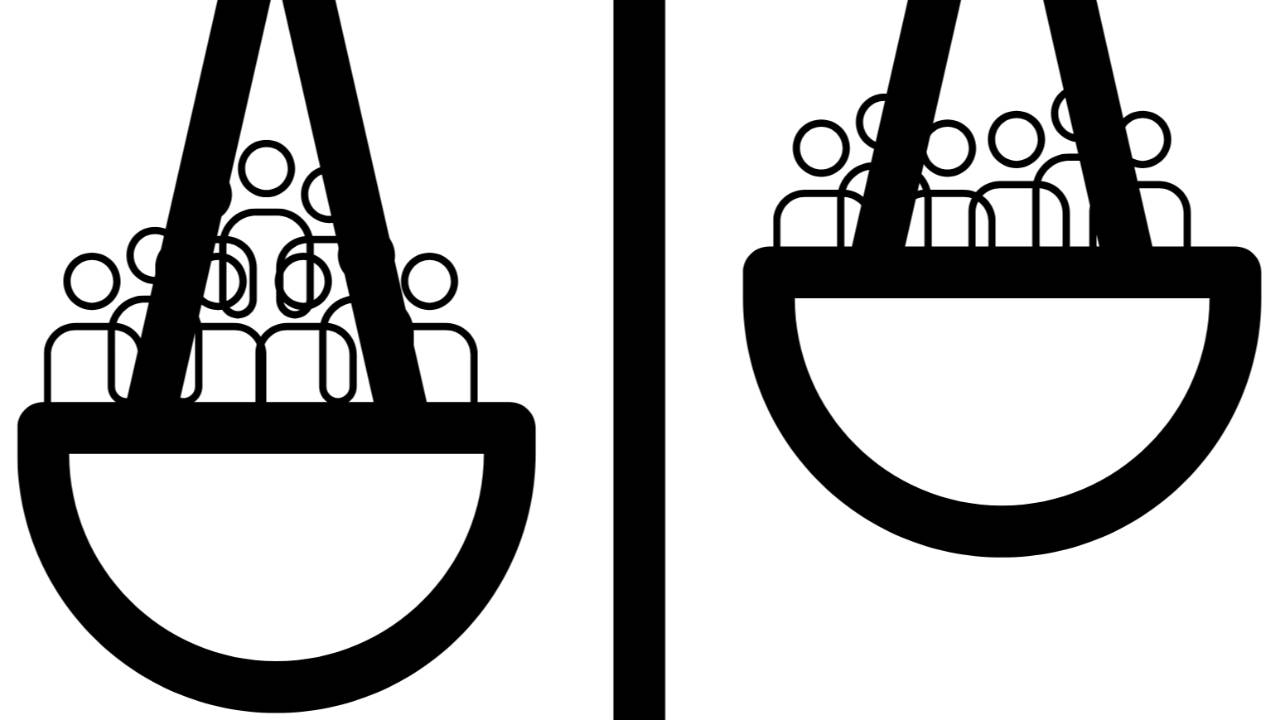Navigating Power for Change
Jul 01, 2025
I find the social dynamics of organizations fascinating: the history, how it came to be, and who benefits from keeping it the way it is. As I've met with professionals from all over the globe, the stories are similar, but the origins of those stories are unmistakably common (in the most interesting of ways).
As such, I'm commonly reminded of all the stories from academic advisors that I've heard over the years and the relational power dynamics of their higher education organizations. They are stories that begin in the principles of social justice, stories that emphasize equity, and dismantle systemic barriers in the organizational context.
Why is this so intriguing to me? Navigating power dynamics is critical in fostering trust-based, knowledge-sharing relationships in any organization. Without trust, how do two sides of an organization speak, interact or work with each other? Power dynamics in this article are defined as the structures and practices that influence authority, decision-making, and relational dynamics within organizations.
In the higher education context, student affairs and academic affairs professionals often report, at times, a pressing need for knowledge from the other and an inability to receive it. If I'm lucky enough to be able to press for the background, I often find that clear hierarchical and political boundaries are drawn that deem the collaborative sharing of knowledge nonessential to their specific job requirements. Another way to view this dynamic is through Foucault’s theory of power.
Knowledge is power, power is knowledge. Foucault’s theory of power argues that power and knowledge, being so intertwined, are inseparable. Power and knowledge are inherently interconnected and mutually reinforcing; the sharing of either has disciplinary power that aims to render the receiver more obedient and useful. For example, with the expansion of knowledge given to the newer profession of academic advising to serve their individual institution's vision of student success, many professional academic advisors report becoming less useful and obedient to their previous superiors, as they were now tasked with missions that superseded their historic administrative duties for faculty members. Under Foucault’s theory, the receiver of knowledge/power now had the freedom to act autonomously.
The professionals of academic advising became more educated in their helping profession, and now had more power to act autonomously, which upset the status quo that often did not want to grant them that freedom.
Exercised through the creation and control of knowledge, power functions as a dynamic force circulating within networks. This force is simultaneously shaped by and shapes individual actions, influencing organizational and social structures. As organizations expand and restructure departments, the transition of one position or job title, no matter how seemingly small a change it may be, results in the retention of essential knowledge, restricting its dissemination and access to critical resources. Navigating the sharing of knowledge is inherently tied to navigating the distribution of power when moving professionals through change efforts: emphasizing the interconnected nature of these dynamics from the outset.
This may be one reason that organizational change often fails when it disregards the people side of change. While change for the organization may seem by the book and simple, it may upset a long-held power dynamic that is the source of the resistance. It may also be one reason why we see so much turnover and lack of innovation in higher education as professionals seek environments where relationships and new ideas are welcomed rather than silenced.
Castanelli, D. J., Weller, J. M., Molloy, E., & Bearman, M. (2021). Trust, power and learning in workplace‐based assessment: The trainee perspective. Medical Education, 56(3), 280–291. https://doi.org/10.1111/medu.14631
Deacon, R. (2002). Truth, Power and Pedagogy: Michel Foucault on the rise of the disciplines. Educational Philosophy and Theory, 34(4), 435–458. https://doi.org/10.1080/0013185022000011844
Fruhling, Z. (2020, August 4). Foucault’s concept of “Power/Knowledge” explained — Zachary Fruhling. Zachary Fruhling. https://www.zacharyfruhling.com/philosophy-blog/foucaults-concept-of-power-knowledge-explained#google_vignette=
Lynch, R. (2011). Michel Foucault (1st ed.). Taylor & Francis Group. https://www.taylorfrancis.com/chapters/edit/10.4324/9781315711478-3/foucault-theory-power-richard-lynch
Naylor, R., & Mifsud, N. (2019). Towards a structural inequality framework for student retention and success. Higher Education Research & Development, 39(2), 259–272. https://doi.org/10.1080/07294360.2019.1670143
Mbelu, S. E., & Maguvhe, M. O. (2024). Evaluating the Socioecological Classroom in Full-Service Schools: A Whole-School Approach to the Inclusive Education Context in South Africa. Education Sciences, 14(11), 1151. https://doi.org/10.3390/educsci14111151
Lorem ipsum dolor sit amet, consectetur adipiscing elit. Cras sed sapien quam. Sed dapibus est id enim facilisis, at posuere turpis adipiscing. Quisque sit amet dui dui.
Stay connected with news and updates!
Join our mailing list to receive the latest news and updates from our team.
Don't worry, your information will not be shared.
We hate SPAM. We will never sell your information, for any reason.

